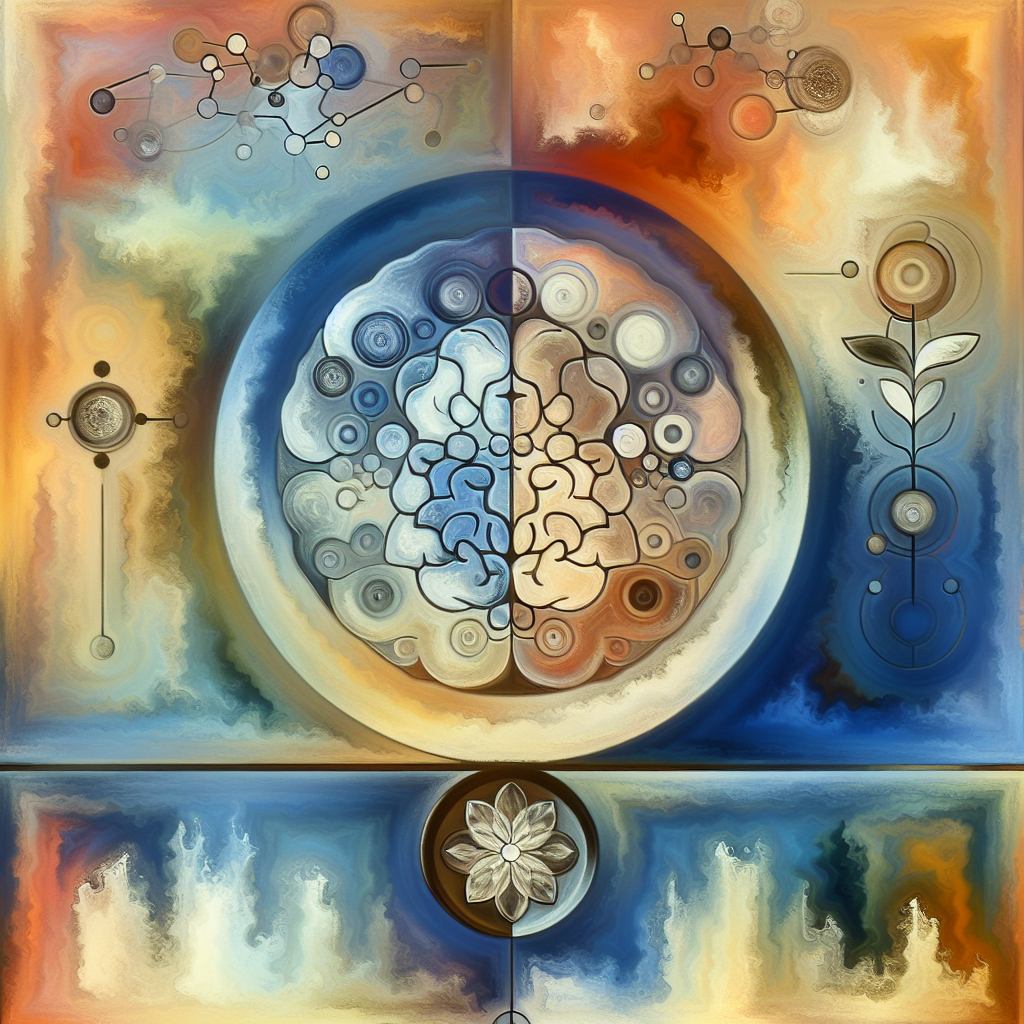Introduction: Unmasking ADHD in the Adult World Imagine trying to read a book while a constant flurry of unrelated thoughts dances through your mind. Picture tackling daily tasks with an ever-present sense of restlessness—like an unyielding itch your brain can’t seem to scratch. This is the reality for many adults with Attention Deficit Hyperactivity Disorder […]
Tag: Developmental neuroscience
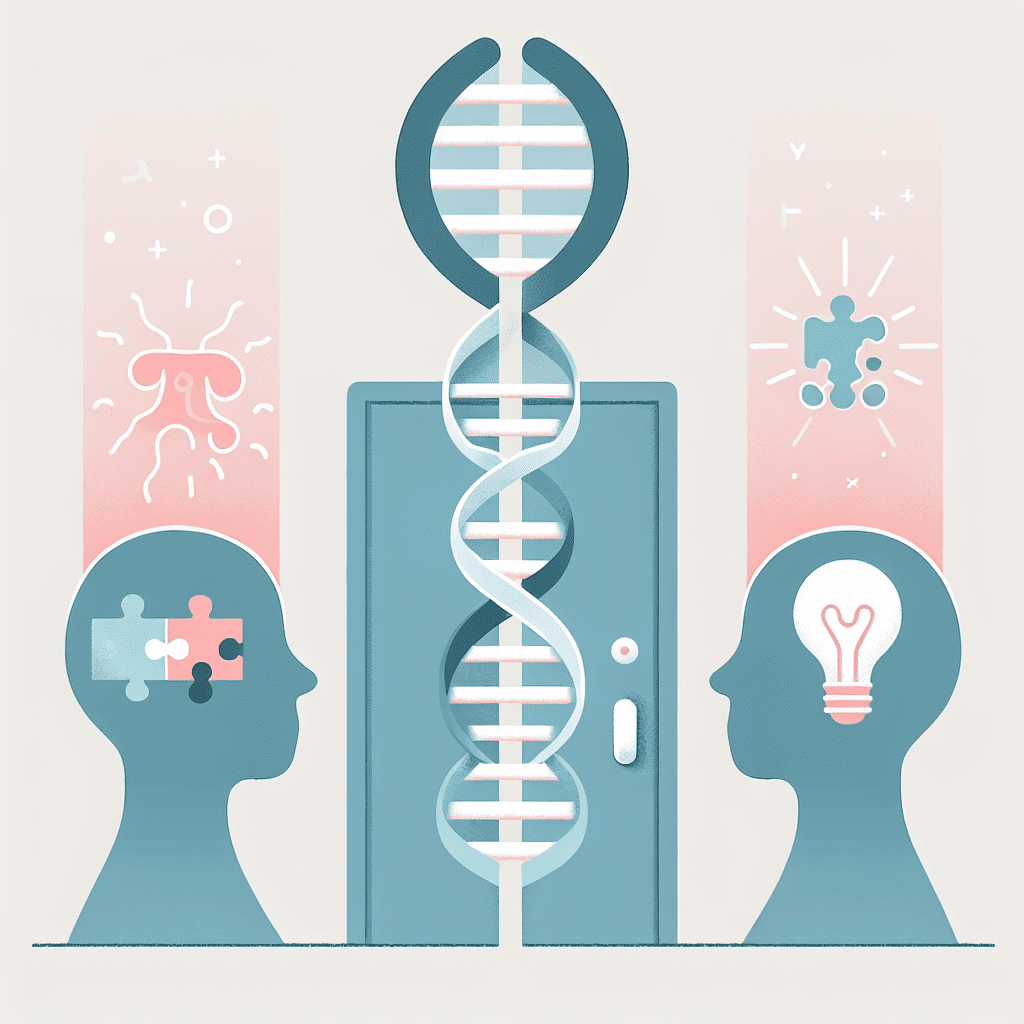
The Genetic Key to Understanding Autism and Intellectual Disabilities
— Introduction: Peering into the Genetic Blueprint of Our Minds Imagine possessing a key that could unlock the intricate mysteries of human behavior, where genetic sequences illuminate pathways to our most profound cognitive traits. In the field of psychology and genetics, such explorations often uncover surprising connections that can explain why some individuals face certain […]
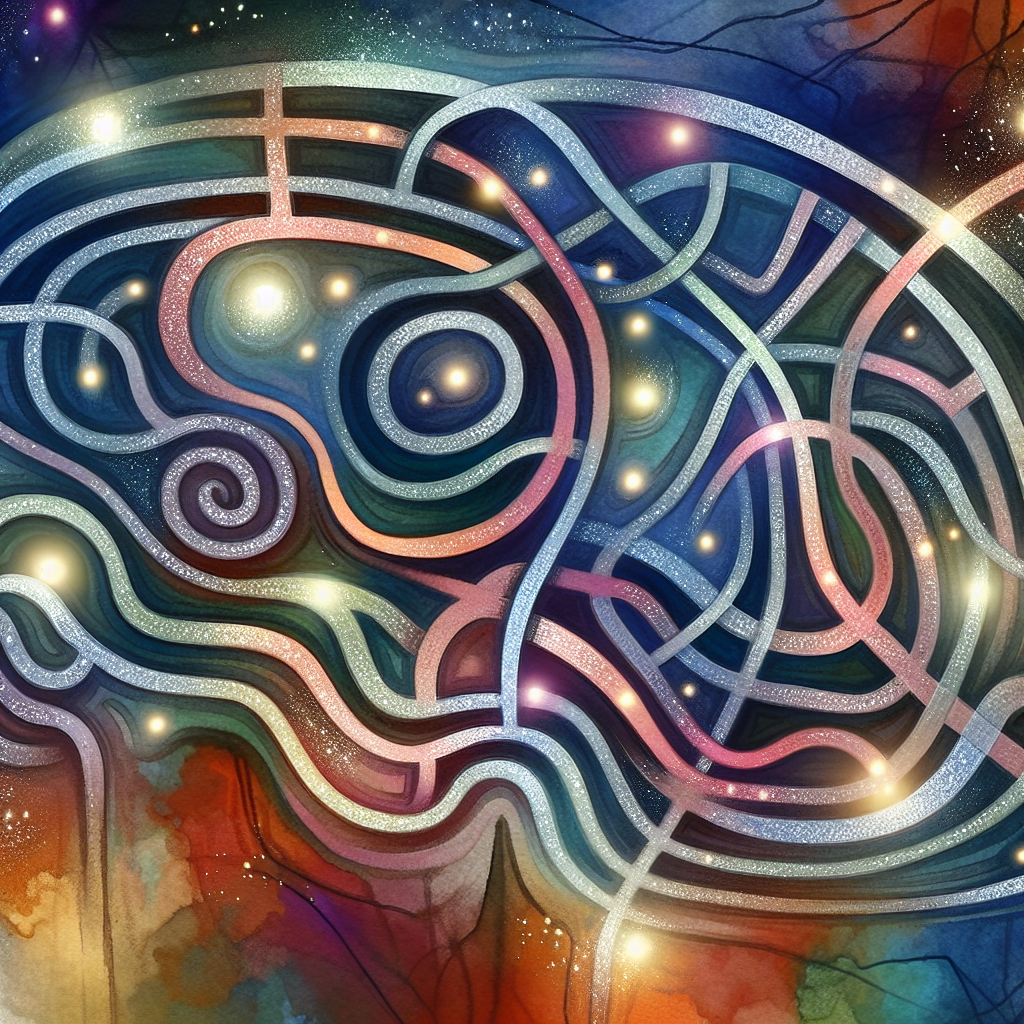
The Brain’s Secret Code: Unraveling ADHD’s Diverse Wiring Patterns
Introduction What if understanding the brain’s intricate communication network could unlock the secrets of disorders like ADHD? Imagine a world where the structural and functional connections in our mind could reveal why some children struggle with focus while others battle hyperactivity. The research paper titled ‘Differential structure-function network coupling in the inattentive and combined types […]
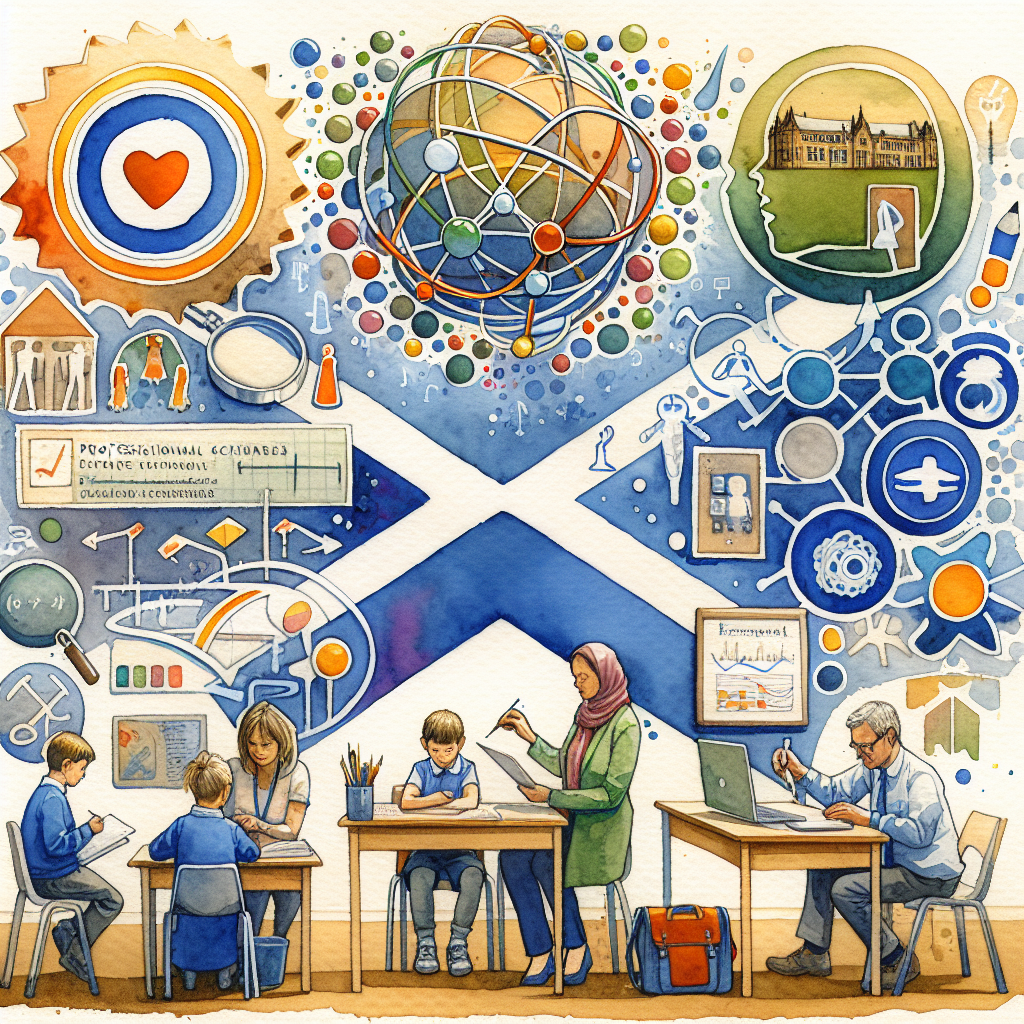
Examining the Impact of Care on Children’s Futures: Insights from Scotland’s Schoolchildren
Introduction When children open up a world of learning at their schools, it reflects more than just academic success. Their educational journey often goes hand in hand with their health and well-being. This overlap becomes especially important when we turn our attention to children in the care of local authorities, often referred to as “looked […]
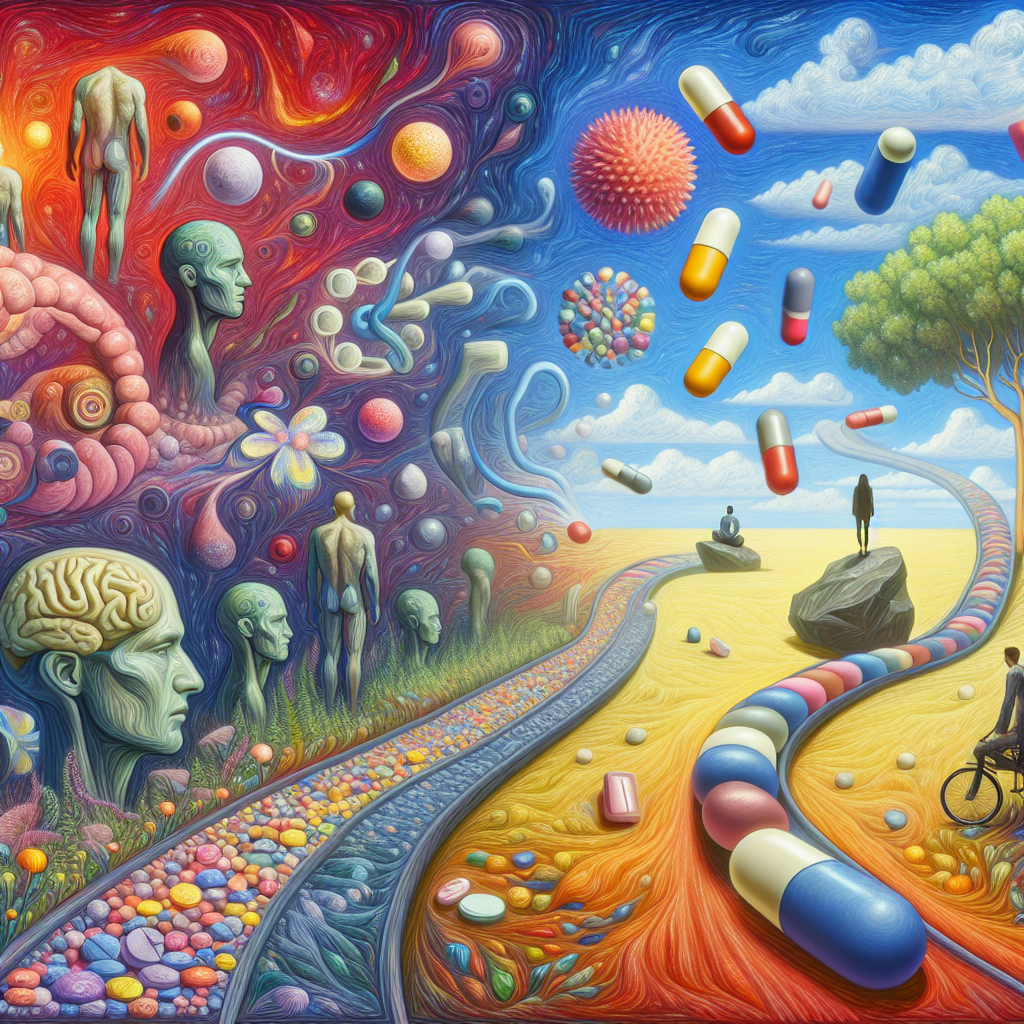
Healing Minds: The Journey of ADHD Treatment with Methylphenidate
Introduction Imagine a whirlwind captured in a bottle—there you have a good metaphor for the minds of children with Attention-deficit/hyperactivity disorder (ADHD). Every parent who has watched a child bouncing off the walls when they should be sitting still at the dinner table understands this vivid imagery. But what if there was a way to […]

The Social Curtains of Adolescents’ Minds: Exploring Inequalities in Mental Health
Introduction Imagine a world where the neighborhood you grow up in or the money your family makes could shape the state of your mind. In Australia, this is not just a dystopian fantasy but a pressing reality. Adolescents aged between 12 and 17 are living through one of the most influential phases of their lives […]
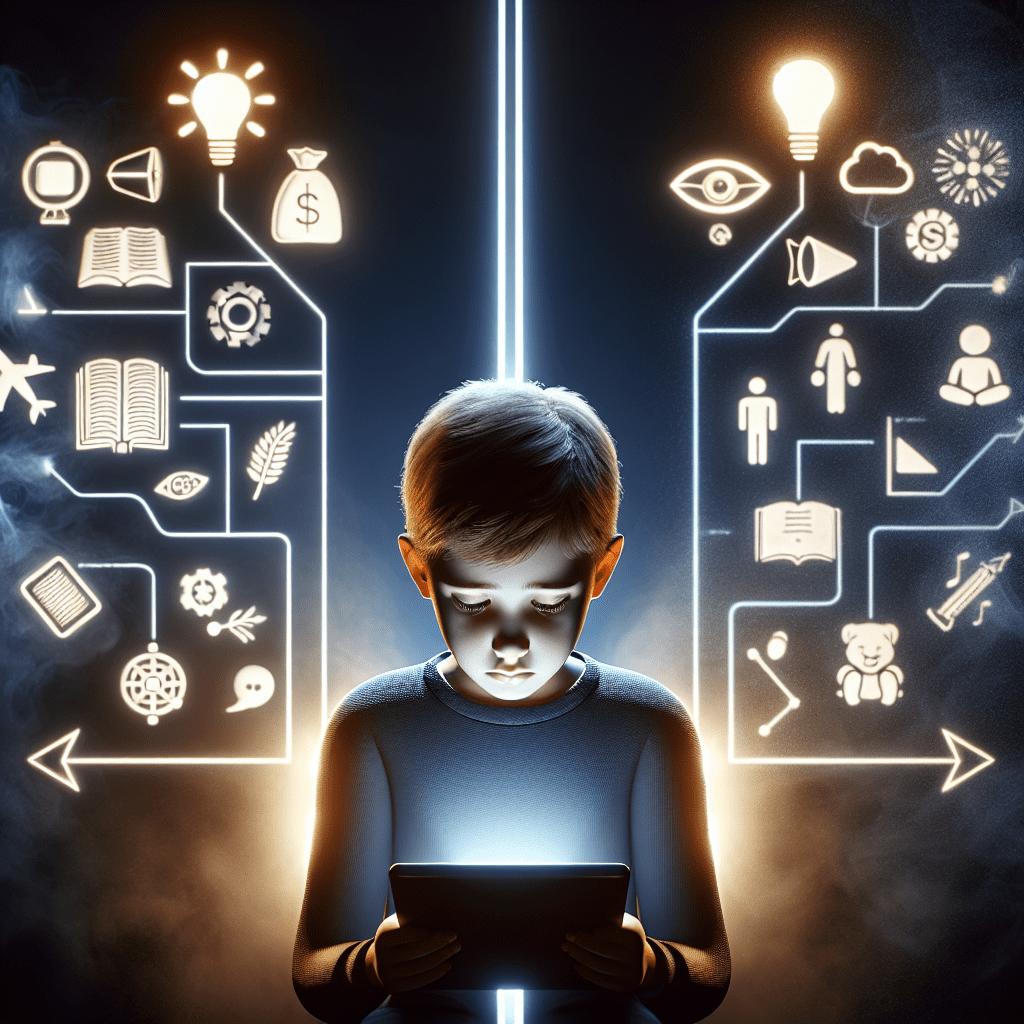
Screen-Time Dilemma: Unlocking the Impact on Young Minds
Introduction: Navigating the Screen Time Labyrinth Imagine a world where screens are as essential to survival as food and water. Sound familiar? For today’s kids, screens have become an integral part of daily life. In an era where technology dictates the rhythm of our routines, the Adolescent Brain Cognitive Development (ABCD) Study taps into the […]
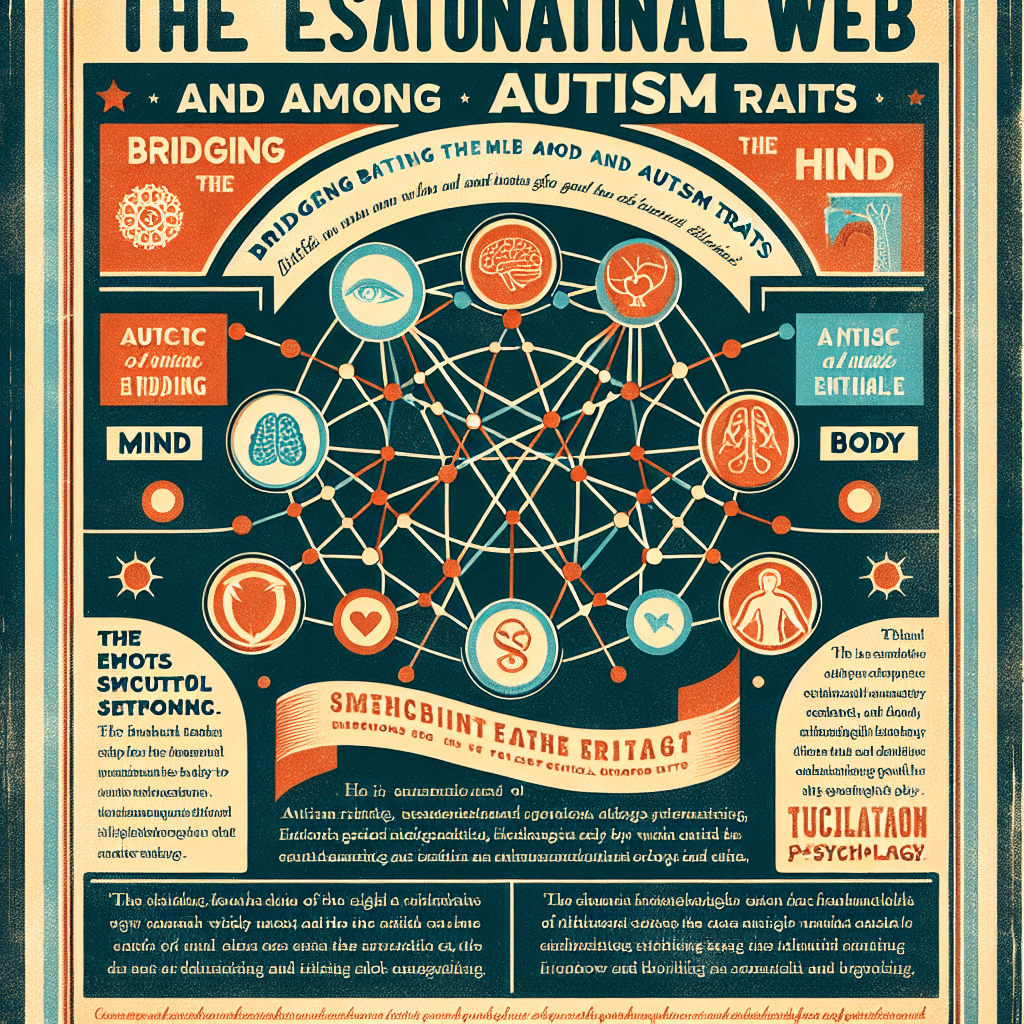
Understanding the Emotional Web Among Autism Traits: Bridging the Mind and Body
Introduction: The Interconnected World of Mind and Body Imagine feeling out of sync with your body, where your inner sensations seem like a foreign language you cannot understand. For many, this mysterious disconnection isn’t just a passing whim but a daily reality, especially for adults with autism spectrum traits. In the recent research paper, “Relationship […]
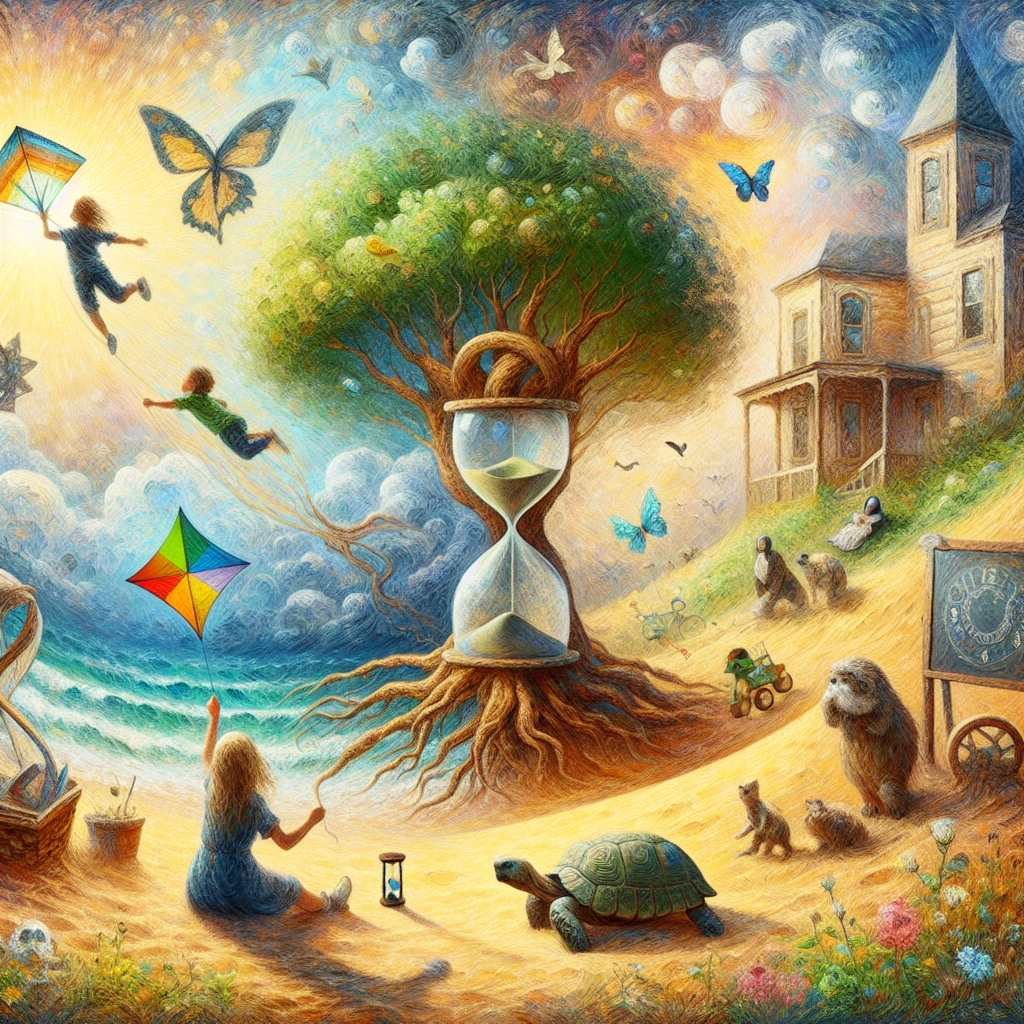
How Childhood Mindprints Foretell Our Longevity
Introduction Imagine being able to predict the length of a person’s life just by examining how their brain developed during childhood. While this may sound like science fiction, it’s actually a real and intriguing subject of study in the world of psychology. Welcome to the exploration of the “Childhood neurodevelopmental markers and risk of premature […]

Seeing the World Through Pictures: Unraveling the Visual Mind of Autistic Adults
Introduction Imagine trying to understand a foreign language with only scattered images representing the words. It would be a journey of works of art, each picture telling a story, evoking emotions, and perhaps even turning complex ideas into something relatable. This is akin to how some autistic adults experience the world. They often think in […]
